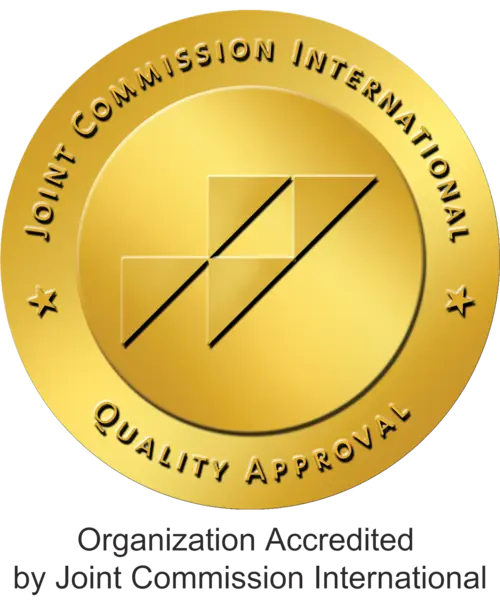Autism Symptoms
Autism Symptoms
Autism symptoms are observed in three areas. Recurring behaviors are symptoms of autism detected by communication and social interaction.
Social interaction and communication in autism symptoms;
• May does not establish eye contact at all
• Usually they do not use gestures
• They do not react when their name is spoken to or called
• Insensitivity to people and family members may be observed
• They may not be able to establish relationships with their peers and have difficulty in this
• Delay in language development and speaking skills may be observed
• There is no interest in games and activities
• May have problems in communicating and maintaining it
• He might handle games without interest or indifference
Recurring behaviors in autism symptoms;
• Can be overly insistent and react to things he does routine
• Can react excessively to changes and actions
• Load different objects and attributes on surrounding objects
• Makes repetitive movements such as turning around, swinging
• Difficulty adjusting speech tone when speaking
• Can be extremely mobile or completely immobile
• With its five sensory organs, it can show extreme sensitivity when exposed to situations such as sound, light, pain and smell.
• May show or be intolerant of some situations
• May have more than enough attention to some unusual issues
What Are the Symptoms of Autism
A baby born with autism is no different from a healthy baby. Of course, this is valid for the first months. Autism occurs after a certain period. No abnormal situation is encountered in the baby for a while after birth. But as the baby begins to grow, symptoms of autism also occur. The development of the baby is delayed or it may start to regress suddenly as the development progresses.
Autism symptoms begin to appear in the period between 6 months and one year old. Autism symptoms are of two different types. First of all, we can talk about autism symptoms in the field of social communication and interaction. Here, the baby is expected to know his family, establish eye contact, and give an ear when he calls out. But the baby with autism is unresponsive to these situations. Another type of autism symptom can be said as repetitive movements and behaviors. These behaviors are movements like turning around and swinging.
The Importance of Early Diagnosis in Autism
In the symptoms of autism, early diagnosis is important in infancy and early childhood, ie the first five years. Because during these periods, the brain shows the fastest development. These periods are of great importance for the child's learning ability. Early diagnosis is of great importance for the treatment of this ailment. With special training, the development of the child can be supported with early diagnosis, more carefully and on time. In autistic children, the child who shows autism symptoms for the development of the brain and nervous system in early childhood should be treated more carefully and should be supervised.
The Most Significant Developmental Features to Be Considered in Early Diagnosis in Autism Symptoms
Defining by autism symptoms by months;
Month 1: Usually they do not look to faces
Month 2: No smile is seen
Month 2-3.: does not follow anything by eye
Month 2-6: Does not react to audible stimuli and external factors
Month 3-6: comprehension and comprehension skills are not developed
At 4-7th month: Does not separate facial expressions
6th month: Does not spell and express
At 7th month: Does not imitate speech sounds and voices
8-10th month: Prefer caregivers
At the 12th month: reacts to leaving caregivers,
12-24. months: does not point, does not answer when called, does not use appropriate gestures and facial expressions.
If the child shows these signs of autism, it is critical to be evaluated by a specialist for early diagnosis. The child must be cared for by a specialist and treatment must be started.
What Should Be Done After Diagnosis of Autism?
After the symptoms of autism are observed and diagnosed, the main task falls on the family and the trainer. Autism is supported by special education. At this stage, couples need to act together as much as possible and not to blame each other and try to stay calm. In the special education phase that the child will receive, responsibility should be shared and one of the couples should not be destroyed. Family members should support each other. The whole family needs to act together for the child's language development, social cohesion, awareness in the family, and harmony with the environment.




